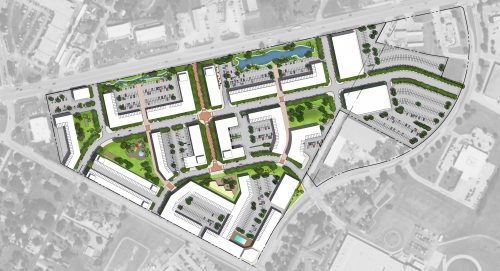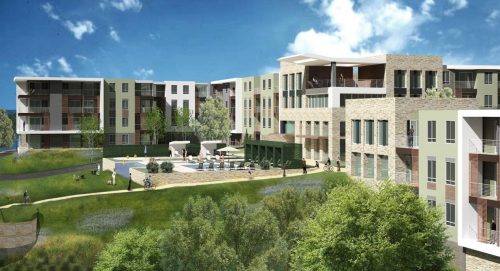By Peter Romano,

When most people hear the words, “summer internship,” their skin crawls. It is a requirement, a box that needs to be checked off for graduation, a brooding checkpoint that hovers over their head waiting to burst the pristine college-life-bubble. With this sentiment, I’m no different than the majority; I thought my background in CRE investment sales and countless hours of real estate finance and development case studies were enough. On the contrary, this summer has proven critical to my understanding of the built environment and the confluence of real estate development and existing community.
I spent this past summer working for Presidium Group, a multifamily acquisition and development firm based out of Dallas, TX. The short history of the firm is remarkable, a story of two lawyers who got their start in class B and C multifamily acquisitions in 2002 and grew it to more than $1 Billion in assets under management and a couple hundred-million-dollar development pipeline. Presidium Group is a product of market timing and expertise, both of which I learned extensively about while working for the Senior VP of Development, Nathan Vargo.

“Pete, you’re here to learn about the big picture of development.”, declared Nate as he waltzed me into my first team meeting.
I did not know exactly what that meant at the time, but I now understand; Development requires an understanding of the market cycle, value engineering, partnership negotiation and most importantly, the ability to synthesize all the data points and input from multiple experts across a variety of industries.
While I will relish the hands-on experience received from this internship, the true pleasure came from utilizing the teachings from the classroom and applying them to live projects. This was ever so critical when I was asked to help negotiate terms for a new visual arts/retail development in South East Austin and applied lessons from Real Estate Transactions to structure the best lease terms for both parties. This is just one example of how The Baker Program provided me with tools necessary to understand the language of development and the motivations of each party involved.
